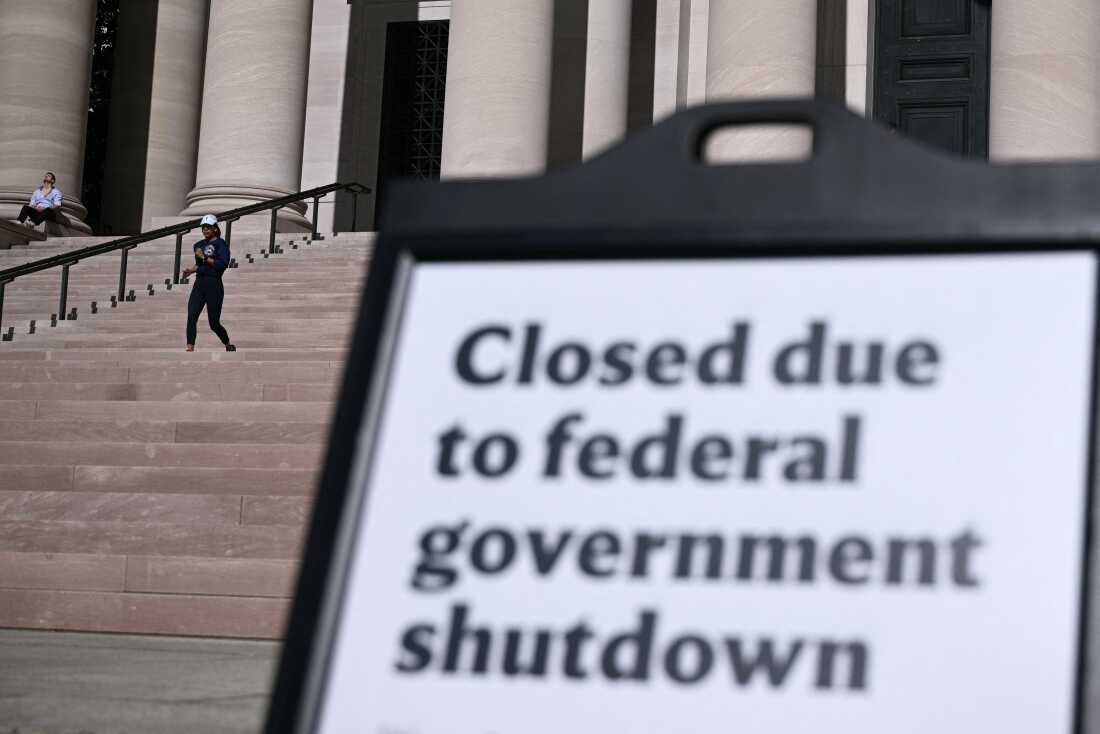As the federal government shutdown drags into its 23rd day, the political gridlock in Washington shows no signs of easing — and the latest failed attempt at relief has exposed sharp partisan divisions over how to navigate the crisis. On Wednesday, a Republican-led bill aimed at ensuring pay for essential government workers during the shutdown was blocked in the Senate, with Democrats citing concerns about fairness and political gamesmanship.
The bill, sponsored by Sens. Ron Johnson (R-Wis.) and Todd Young (R-Ind.), fell short in a 54-45 procedural vote, failing to reach the 60-vote threshold needed to break a filibuster. Despite support from three Democrats — John Fetterman, Raphael Warnock, and Jon Ossoff — the measure was overwhelmingly opposed by the rest of the Democratic caucus.
The legislation sought to guarantee paychecks not just for the duration of the current shutdown, but for all future funding gaps — a move Johnson described as a “permanent fix” to the chaos that leaves essential personnel like military members, air traffic controllers, and law enforcement officers working without pay.
"For fiscal year 2026, and any fiscal year thereafter," the bill reads, funds would be automatically appropriated to keep these workers compensated, regardless of Congress’s failure to pass a budget. It was a bold solution — and one Republicans argued was a commonsense measure to shield the most critical government functions from the consequences of legislative failure.
Yet Democrats were unmoved, claiming the bill amounted to selective relief and could allow the executive branch — particularly under a future Trump administration — to decide unilaterally who gets paid and who doesn’t. Senate Democrats emphasized the need for a full reopening of the government and continued to push for additional spending tied to Obamacare-era COVID subsidies, a demand Republicans have flatly rejected.
Sen. Richard Blumenthal (D-Conn.) summed up the Democratic position: “I have a concern about picking and choosing among all the federal workers,” he said, while acknowledging the importance of funding the military and public safety.
House Democrats, led by Minority Leader Hakeem Jeffries (D-N.Y.), called the measure a “political ploy”, warning that it would empower Donald Trump or any future president to wield federal pay as a tool of political leverage.
But Republicans weren’t buying that narrative. Sen. John Cornyn (R-Texas) dismissed the Democratic rationale, accusing them of “not caring” about the very workers they claim to represent. “They are in a box canyon,” Cornyn said, “and they can’t figure out how to get out.”
House Speaker Mike Johnson (R-La.) had signaled readiness to advance the Senate bill if it had passed, telling fellow Republicans he was “prepared to act” — though he expressed skepticism it would gain enough support from Senate Democrats. His office criticized Democrats for using federal employees as “pawns for their political efforts.”


